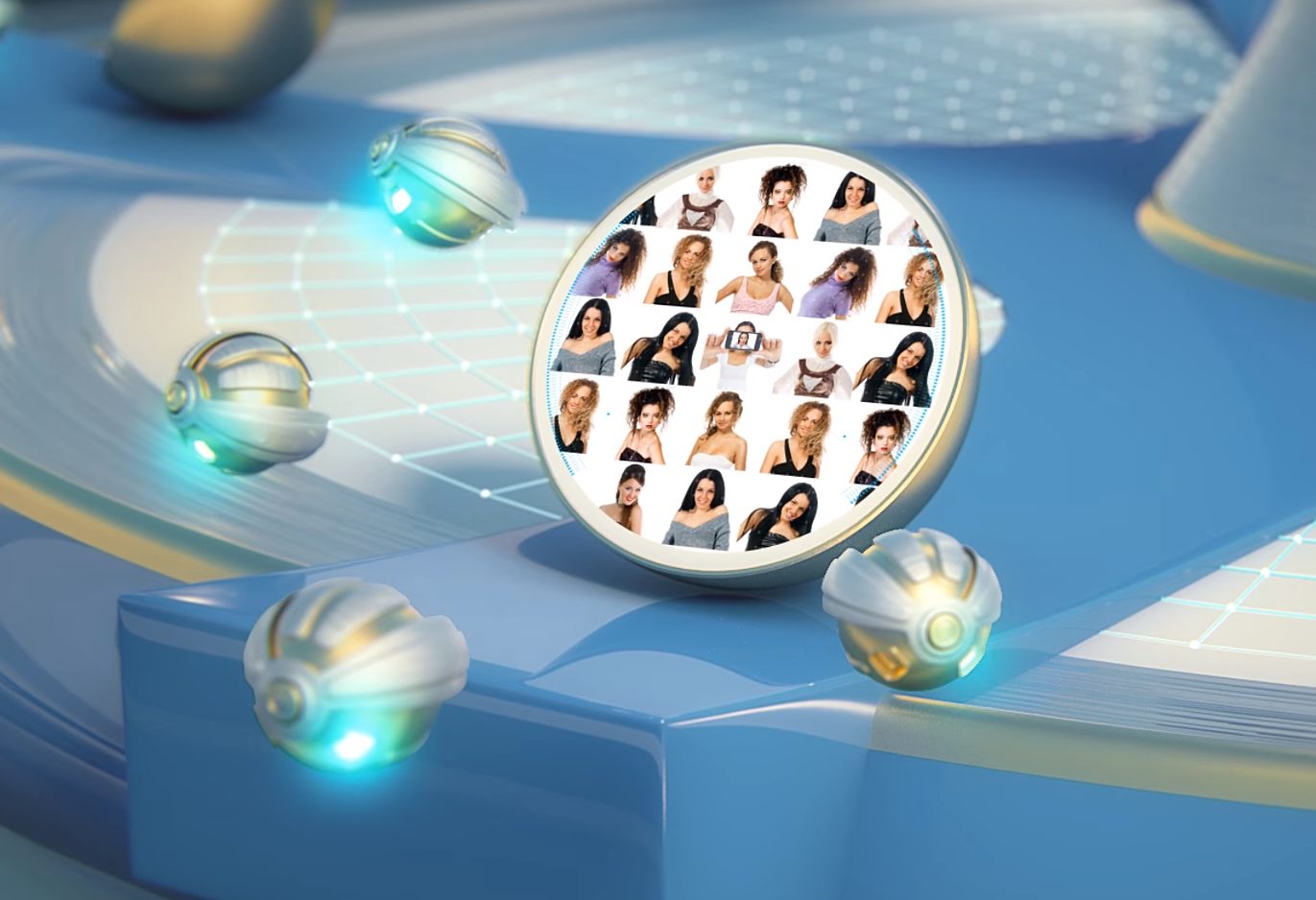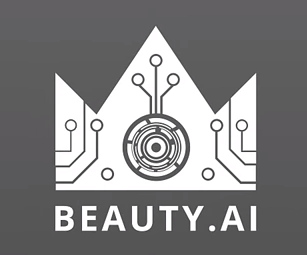
Beauty Contest Features Algorithmic Judges

It’s often said that beauty is in the eye of the beholder. That concept will be put to the test next year during a unique beauty contest where robots trained by deep neural networks will judge human contestants based on perceived “wrinkliness” and other features.
“What would you say if I told you that today’s beauty contests are very biased and limited and we are looking at the wrong features when evaluating other people?” writes Olga Kairova, a deep learning technology evangelist involved with Beauty.AI, which is holding the robot-judged competition. “People cannot easily link facial data to millions of parameters that make other humans beautiful.”
Beauty.AI hopes to remedy the subjectivism and limited analytical capabilities of human judges with a beauty contest featuring an all-robot jury. The contest, which is slated for January and co-sponsored by Nvidia and Microsoft, will showcase the abilities of data scientists to build algorithms that can analyze and measure a variety of factors, including face symmetry, skin color, gender, age group, ethnicity, and personal achievement.
“The project will start with a beauty contest judged entirely by robot jury, where people can enter using a mobile app and data scientists teams from all over the world can submit algorithms for evaluating the many criteria linked to perception of human beauty, ‘youthfulness’ for their own age, and many other parameters,” writes Kairova, who a business development manager at Youth Laboratories, a Russian outfit that’s co-sponsoring Beauty.AI.
While there have been other attempts to use artificial intelligence in judging beauty contests, this time will be different, Kairova says. “This time it will have a global impact because of the advances in deep learning, symbolic learning, and massive semantic analysis,” she says.
Indeed, machine learning algorithms are getting better and better at identifying the things that people value, especially when paired with deep learning approaches and turbo-charged with GPUs. We’re seeing particular advances in new approaches to the computer vision problem–whether it’s identifying right whales based on the pattern of scales on their backs or imbuing the cameras on smartphones with apps that can mimic human aesthetic.
Adults over the age of 20 can join the fun by downloading the Beauty.AI mobile app, taking a photo of themselves (a “selfie” as it were), and uploading the picture to the organization. Female contestants are asked not to wear makeup, and male contestants are asked not to have facial hair (which can confuse the algorithms). No glasses are allowed, and the deadline to submit a photo is January 15, 2016.
 The real fun begins on January 20, which is the deadline for data scientists to submit their algorithms to Beauty.AI. The final judging will involve an ensemble of many algorithms, each of which will be called upon to judge a single aspect of the contestant’s appearance and achievements.
The real fun begins on January 20, which is the deadline for data scientists to submit their algorithms to Beauty.AI. The final judging will involve an ensemble of many algorithms, each of which will be called upon to judge a single aspect of the contestant’s appearance and achievements.
So far, three algorithms are slated to do some judging, including the RYNLK wrinkle detector, MADIS (Model Alliance Digital Intelligence Scout), and Symmetry Master. But there is room for many more algorithms.
The results of the contest will be announced January 28. Men and women will compete in separate categories, and there will be five age brackets for contestants aged 20 to 60 or older. For more info see beauty.ai.
Related Items:
Mapping Startup Leverages Machine Vision
Kaggle Tackles Whale of an Identification Problem
Note to Selfie: This Algorithm Will Improve Your Picture-Taking Skills



























